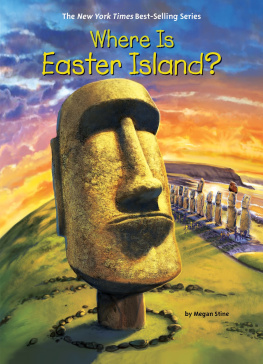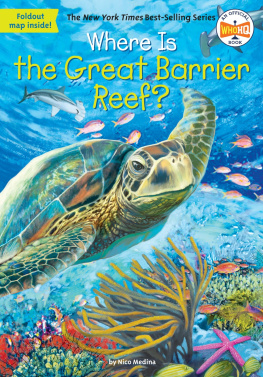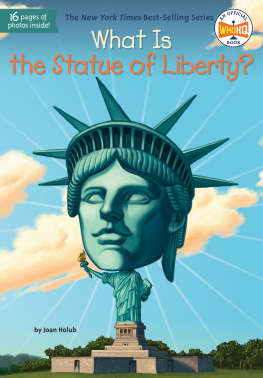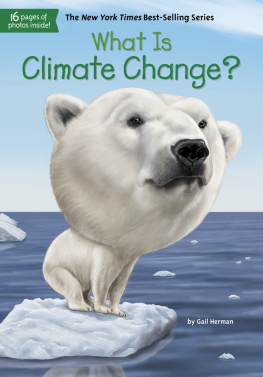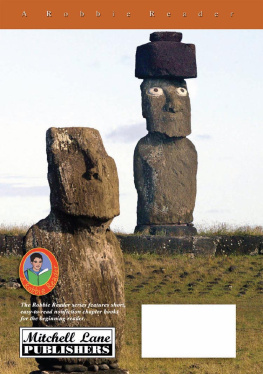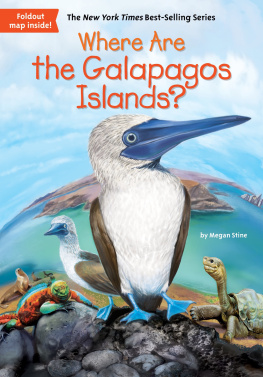John Hinderliter - Where Is Easter Island?
Here you can read online John Hinderliter - Where Is Easter Island? full text of the book (entire story) in english for free. Download pdf and epub, get meaning, cover and reviews about this ebook. year: 2017, publisher: Penguin Young Readers Group, genre: History. Description of the work, (preface) as well as reviews are available. Best literature library LitArk.com created for fans of good reading and offers a wide selection of genres:
Romance novel
Science fiction
Adventure
Detective
Science
History
Home and family
Prose
Art
Politics
Computer
Non-fiction
Religion
Business
Children
Humor
Choose a favorite category and find really read worthwhile books. Enjoy immersion in the world of imagination, feel the emotions of the characters or learn something new for yourself, make an fascinating discovery.
- Book:Where Is Easter Island?
- Author:
- Publisher:Penguin Young Readers Group
- Genre:
- Year:2017
- Rating:4 / 5
- Favourites:Add to favourites
- Your mark:
- 80
- 1
- 2
- 3
- 4
- 5
Where Is Easter Island?: summary, description and annotation
We offer to read an annotation, description, summary or preface (depends on what the author of the book "Where Is Easter Island?" wrote himself). If you haven't found the necessary information about the book — write in the comments, we will try to find it.
Where Is Easter Island? — read online for free the complete book (whole text) full work
Below is the text of the book, divided by pages. System saving the place of the last page read, allows you to conveniently read the book "Where Is Easter Island?" online for free, without having to search again every time where you left off. Put a bookmark, and you can go to the page where you finished reading at any time.
Font size:
Interval:
Bookmark:

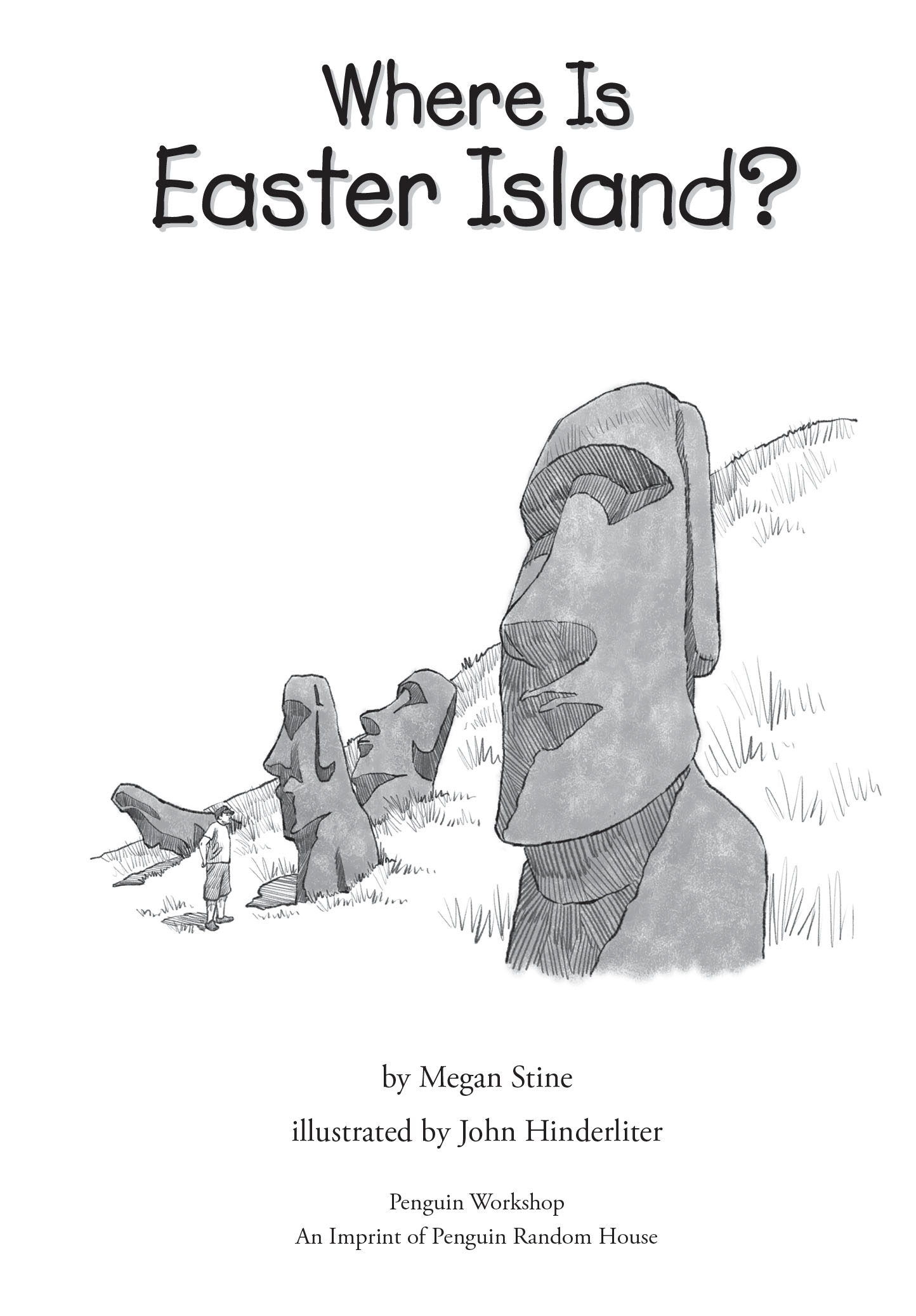
For Bill, who thinks he looks like the statuesMS
For Brynn and Dawson, who love puzzles, coloring, and superheroes. Thanks for the smilesJH
PENGUIN WORKSHOP
Penguin Young Readers Group
An Imprint of Penguin Random House LLC

If you purchased this book without a cover, you should be aware that this book is stolen property. It was reported as unsold and destroyed to the publisher, and neither the author nor the publisher has received any payment for this stripped book.
Penguin supports copyright. Copyright fuels creativity, encourages diverse voices, promotes free speech, and creates a vibrant culture. Thank you for buying an authorized edition of this book and for complying with copyright laws by not reproducing, scanning, or distributing any part of it in any form without permission. You are supporting writers and allowing Penguin to continue to publish books for every reader.
The publisher does not have any control over and does not assume any responsibility for author or third-party websites or their content.
Copyright 2017 by Penguin Random House LLC. All rights reserved. Published by Penguin Workshop, an imprint of Penguin Random House LLC, 345 Hudson Street, New York, New York 10014. PENGUIN and PENGUIN WORKSHOP are trademarks of Penguin Books Ltd. WHO HQ & Design is a registered trademark of Penguin Random House LLC.
Library of Congress Cataloging-in-Publication Data is available.
ISBN 9780515159486 (paperback)
ISBN 9780515159509 (library binding)
ISBN 9780515159493 (ebook)
Version_1
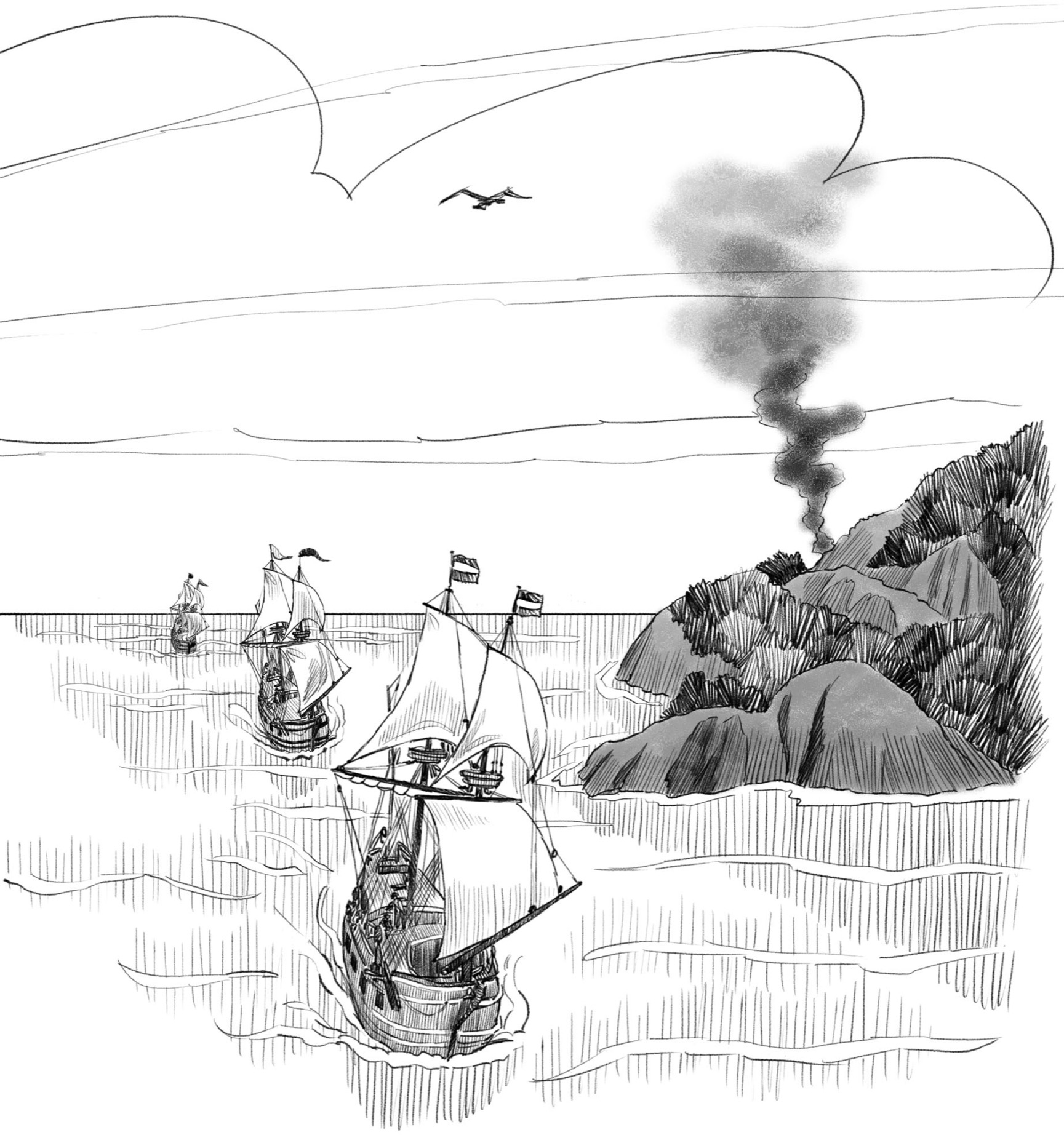
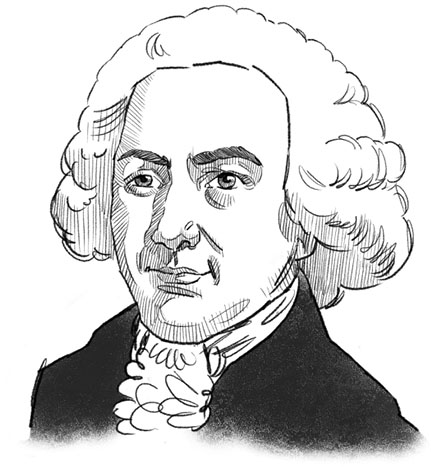
Jacob Roggeveen
It was Easter Sunday in April 1722. Jacob Roggeveen had been sailing for more than eight months. He was the commander of three Dutch ships. They were searching the South Pacific for parts of the world that had never been seen or explored. Roggeveen hoped to find a huge, legendary continent that many believed existed. It was called Terra Australis. Other explorers had searched parts of the South Pacific, but no one had found it yet, or mapped the area correctly.
That Easter Sunday, Roggeveen and his crew were a thousand miles from anywhere. Suddenly, they spotted land. What could it be? There was smoke rising in the distance, which meant people lived there. But what kind of people?
Some of the natives in the Pacific islands were peaceful and friendly. But others were not. Jacob Roggeveen had heard stories about cannibals! No one knew how his crew would be greeted by the islanders. Roggeveen decided it was better to wait until morning before he and his men went ashore. He named the island Paasch Eylandthe Dutch words for Easter Islandsince thats the day he had arrived.
The next morning, the weather was rainynot the best time to put small boats into the water. And besides, his men were nervous. Maybe they should wait another day.
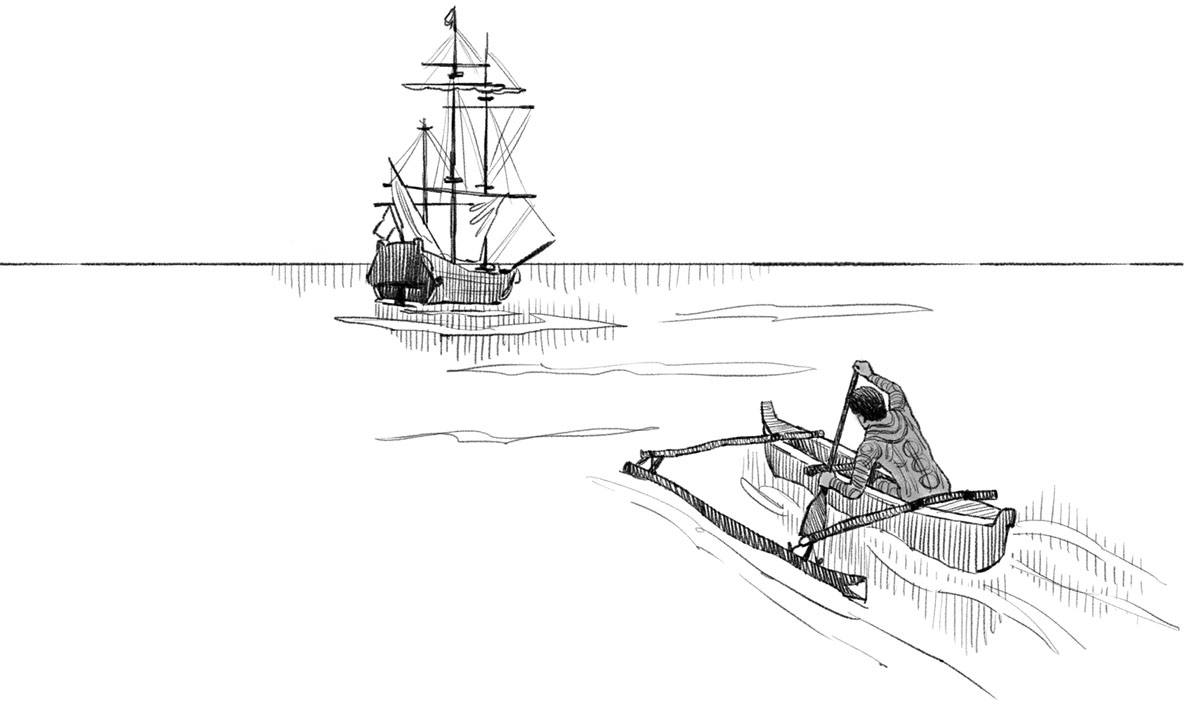
But natives on the island had seen the Dutch ships offshore and were eager to find out who these strange visitors were. So one of the island people got into a canoe. He paddled out to Roggeveens ship and climbed aboard. He was totally naked! He was also friendly and warmhearted. He danced and sang with the sailors. They played a violin for him and gave him small gifts, including a mirror and a pair of scissors. The man seemed so happy, he didnt want to leave. They had to force him into his canoe to make him go back to the island. He motioned for them to follow.
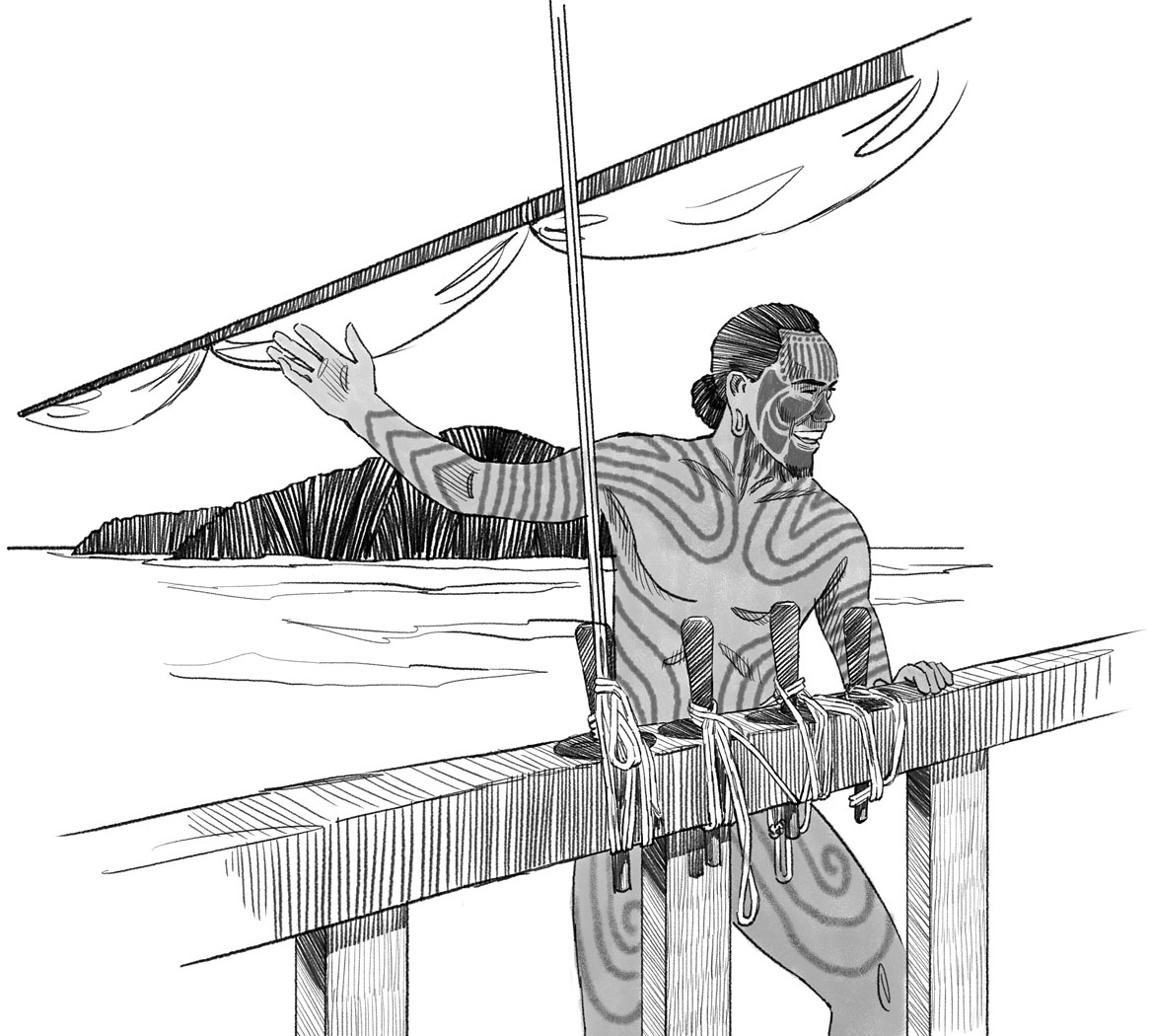
It was several more days before the Dutch would finally set foot on the island. When they did, they found something amazingsomething no one had ever seen or imagined.
Lining the beach were giant stone statues, as tall as three-story buildings. Some were twenty or thirty feet tall. Others were just huge heads, buried in the sand up to their necks.
How did the statues get there? Who carved them? The islanders had no modern tools. They had no carts with wheels. They lived in simple grass-covered huts. How could they possibly have carved these huge blocks of stone? How could they have moved such heavy pieces of stone at all?
Roggeveen saw only a few of the statues. He didnt know there were more than nine hundred of them! They were scattered all over the island.
How they really got there, and why, is just part of the storyand the mysteryof Easter Island.
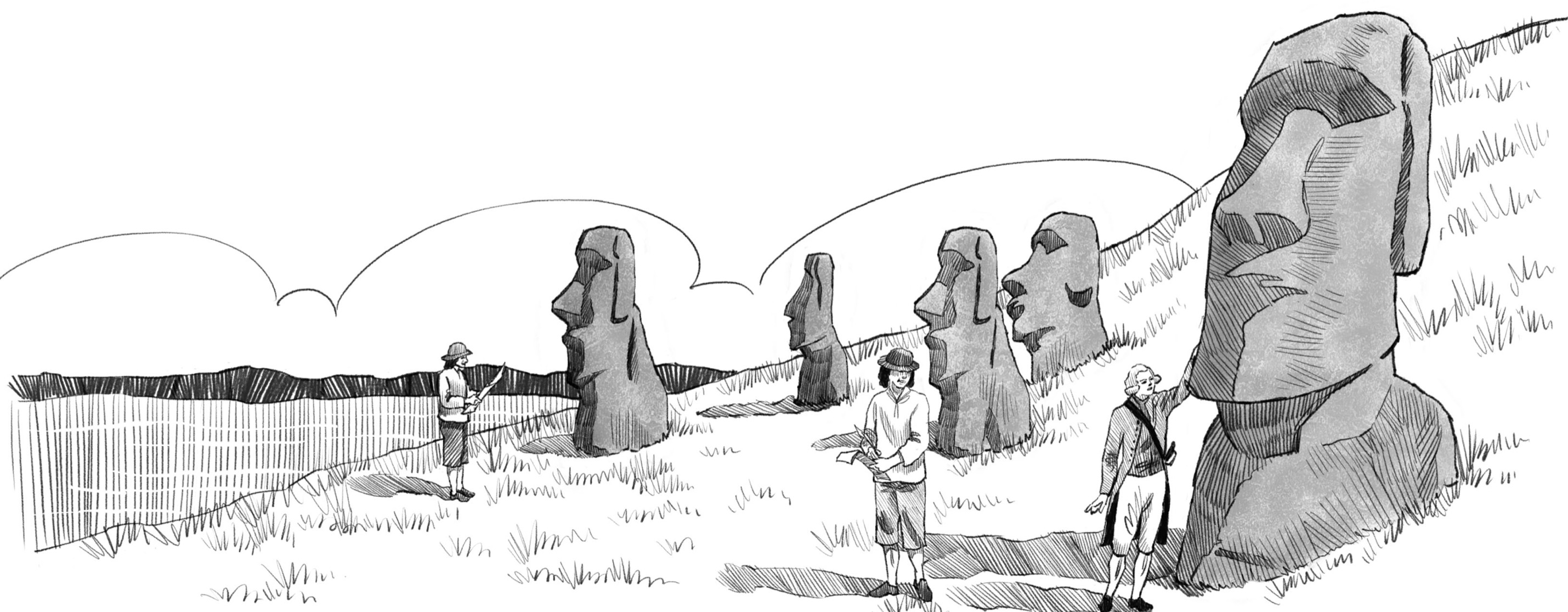
Stranded on a Remote Island
Easter Island is in the middle of nowhere. If you look at a map of the world, the island is so tiny, its barely even a dot. Lost in the middle of the South Pacific Ocean, its more than two thousand miles west of South America. The nearest islands are the Pitcairn Islandsmore than a thousand miles away. Easter Island is so far away from anywhere else, its hard to imagine how the earliest people ever found it.
So how did human beings discover the most remote island on earth?
No one is certain, but it is believed that about four thousand years ago, the people who lived in Taiwan began to spread out. They were searching for new places to live. Over many hundreds of years, they sailed from place to place throughout Southeast Asia. They took food and supplies with them and planted crops when they arrived. They formed new colonies on many of the islands in the South Pacific. Those islands are now called Polynesian islands. Hawaii, Tahiti, and New Zealand were also colonized this way.

But Easter Island was so far away, it was one of the last islands to be inhabited. Between 1,200 and 800 years ago, the first Polynesian people reached it and decided to live there. They probably came from Mangarevaan island more than a thousand miles away. Sailing in open double-hulled canoes, they braved the ocean waters. As many as twenty or thirty people crowded into each canoe. They brought with them chickens, bananas, sugar cane, and taroa sweet root vegetable like a sweet potato.
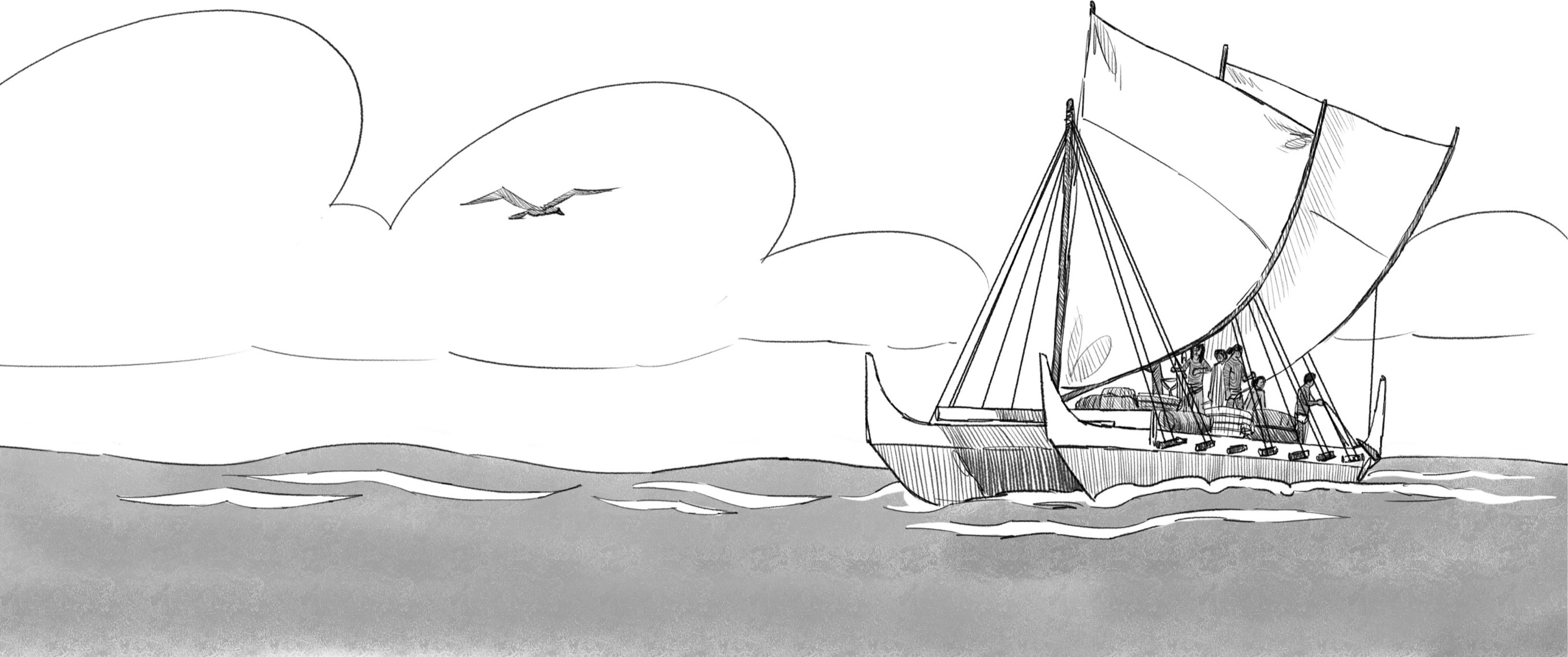
The Polynesian people were excellent sailors. They knew how to use the stars to guide them and the ocean currents and winds to sail fast. Still, the trip to Easter Island took at least three weeksmaybe longer. When they finally found the island, they gave it a name, Te Pito o te Henua, which meant the navel of the world or the end of the world. Years later, they named the island Rapa Nui. Rapa Nui means greater extremity or lands endas in the end of the landthe farthest thing from anything else. The people who live on the island are called the Rapa Nui people, and the language they speak has the same name.
Font size:
Interval:
Bookmark:
Similar books «Where Is Easter Island?»
Look at similar books to Where Is Easter Island?. We have selected literature similar in name and meaning in the hope of providing readers with more options to find new, interesting, not yet read works.
Discussion, reviews of the book Where Is Easter Island? and just readers' own opinions. Leave your comments, write what you think about the work, its meaning or the main characters. Specify what exactly you liked and what you didn't like, and why you think so.

